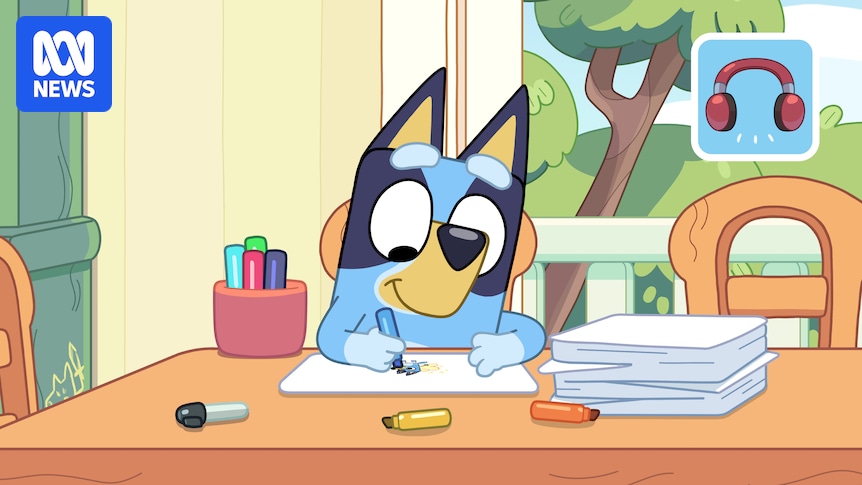Laws requiring streaming services to produce Australian content have been put back on the table by the federal government, after the rules were postponed because of concerns about how they would interact with Australia’s trade agreement with the United States.
The government has confirmed it will introduce legislation this week to mandate that any streaming services with more than 1 million Australian subscribers must produce Australian drama, children’s, documentary, arts or educational programs.
Platforms such as Netflix, Disney+, Amazon Prime and others will have to commit at least 10 per cent of their local expenditure, or 7.5 per cent of revenue, on Australian content.
With the arts industry pressuring the government to safeguard the sector from artificial intelligence, Arts Minister Tony Burke and Communications Minister Anika Wells said the move would help to protect acting jobs.
Rules held up by US trade issues
“Local content requirements” were intended to be in place by July 2024, but concerns over how they would interact with a free trade agreement with the US led to them being put on hold.
The government cited difficulty conducting negotiations with the US while it was holding an election.
Following the election of US President Donald Trump, there were questions about whether the rules could provoke the US administration to impose retaliatory tariffs against Australia.
With the US and Australian federal elections out of the way, and Australia on solid footing in its relationship with the US, the rules have now been reintroduced.
Mr Burke said free-to-air and pay television were required to produce Australian content, but no such obligation had been put on streaming services.
Tony Burke says the government will extend content obligations to streaming platforms. (AAP: Mick Tsikas)
“Since their introduction in Australia, streaming services have created some extraordinary shows. This obligation will ensure that those stories — our stories — continue to be made,” Mr Burke said.
Ms Wells said content such as children’s program Bluey, which had become a worldwide phenomenon, connected Australians with “who we are” and shared that with the world.
“We want to make sure no matter which platform people are watching, Australian stories are part of their experience.”

